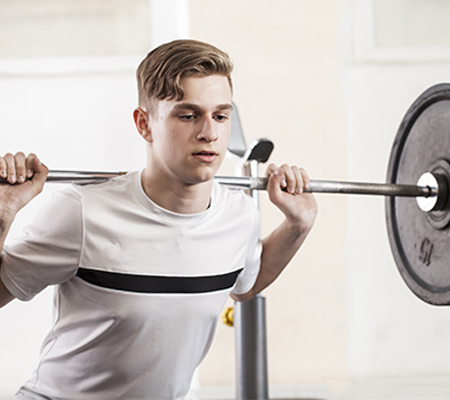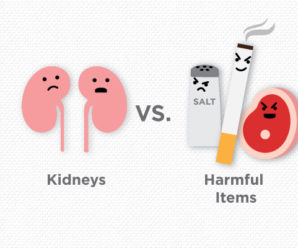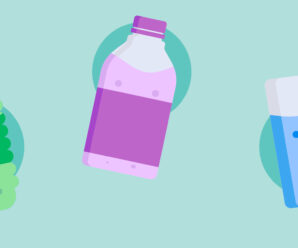
During high school athletics – or just the teenage years in general – many adolescents and young adults battle body acne.
Acne is a common skin disorder that can continue into adulthood. Several factors are responsible for the formation of an acne lesion: an accumulation of skin cells within the pore, overactive oil production (largely hormone induced), bacteria and an inflammatory reaction.
Acne can range from being mildly annoying to painful and disfiguring, Nurse Practitioner Heidi Korb said.
“Mild acne tends to be common among most all teens, but severe cystic acne has a significant hereditary component,” said Korb, a dermatologist provider at Marshfield Clinic Health System. “Two contributing factors for acne common among teens are an inflammatory diet, including high simple carbohydrates, sugars and dairy and repetitive mechanical trauma from picking, scrubbing or friction from sports equipment.”
Sports clothing and equipment are factors
A number of sports require using equipment that may contribute to acne among its participants, like wearing football helmets, synthetic clothes and wrestling headgear.
Clothing that rubs your skin is known to make acne worse, as can sweating during exercise. Stress also can trigger increased oil production.
“Sweat, dirt and mechanical friction from protective equipment makes athletes especially susceptible to acne,” Korb said.
During the sports season it may take a bit more care to get your acne under control or maintaining clear skin. Korb offers these tips for combating acne during the sports season or following workouts:
- Make sure to remove protective gear and sweaty dirty clothing immediately after the game.
- Wash your skin as soon as you are able with an antibacterial cleanser; benzoyl peroxide is an excellent choice. If you can’t shower immediately after, there are convenient benzoyl peroxide wipes that you can keep in your locker or duffel bag.
- Consider using over-the-counter (OTC) medications after talking to your primary caregiver first. Differin is a retinoid gel now available over the counter. Retinoids are topical medications that are applied at night before bed and are excellent at unclogging pores when applied routinely.
- Wash athletic clothing and equipment frequently.
Korb also recommends seeing a dermatology provider if these preventive measures and OTC treatments are not effective, especially if you are noticing any scarring to the skin. Excellent treatments are available that can resolve even the most severe forms of acne. Visit marshfieldclinic.org/appointments to request an appointment.







Leave a Reply